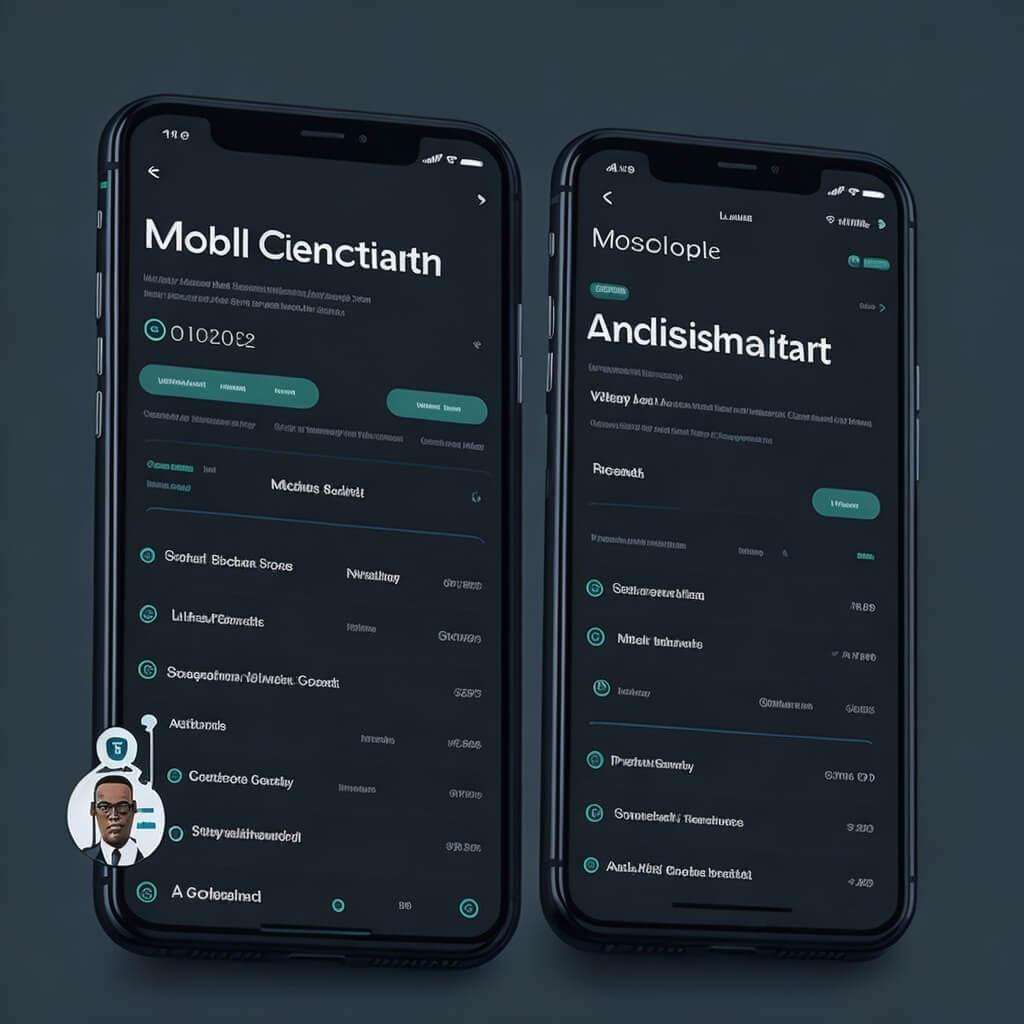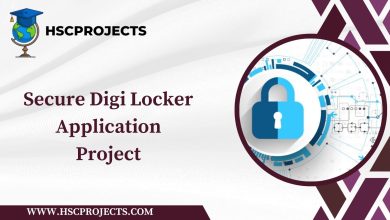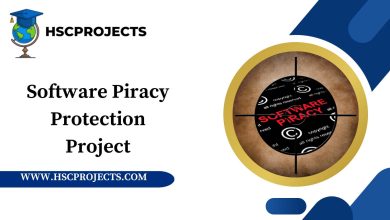
Doctor Appointment Booking & Live Chat App
Introduction
In today’s fast-paced world, taking time out for regular health check-ups often takes a backseat. Ignoring early symptoms can lead to severe health issues. The Doctor Appointment Booking & Live Chat App aims to bridge this gap by providing a platform for real-time consultations and appointment scheduling.

Features
- Symptom-Based Disease Prediction: The app uses custom algorithms to identify potential diseases based on the symptoms entered by the user.
- Doctor Recommendations: Based on the predicted disease, the app suggests a list of specialized doctors.
- Appointment Booking: Users can book appointments according to their preferred time and date.
- Live Chat: A built-in chat feature allows for real-time consultation with doctors.
- Admin Panel: Manages doctors, patients, and disease information, and collects patient feedback.
Advantages
- Streamlined Scheduling: Doctors can easily manage their appointments and schedules.
- Knowledge Hub: Patients can stay updated on new diseases and symptoms.
- In-App Chat: Enables doctors to monitor patient health in real-time.
Limitations
- Accuracy: The system’s effectiveness is dependent on the accuracy of the input symptoms.
- Internet Dependency: A stable internet connection is required for the app to function.
- Single Point of Failure: If the server goes down, the app becomes non-functional.
- Manual Disease Entry: Admins must manually update the disease database.
How It Works
- User Registration: Users register and log into the app.
- Symptom Entry: Users enter their symptoms.
- Disease Prediction: The app predicts potential diseases.
- Doctor Recommendation: The app suggests doctors based on the disease.
- Appointment Booking: Users book an appointment.
- Live Chat: Users can consult with doctors in real-time.
Future Enhancements
- Integration with lab test booking services.
- AI-based symptom analysis for more accurate disease prediction.
- Multi-language support for broader accessibility.
Conclusion
The Doctor Appointment Booking & Live Chat App serves as a comprehensive healthcare solution, making medical consultations and appointment scheduling easier than ever. While there are limitations, the advantages far outweigh them, making it a must-have app for anyone looking to take control of their health.
Sample Code
# Sample Python Code for Doctor Appointment Booking & Live Chat App
# Database of doctors and their specializations
doctors = {
'Dr. Smith': 'Cardiologist',
'Dr. Johnson': 'Neurologist',
'Dr. Williams': 'Orthopedic'
}
# Database of diseases and their symptoms
diseases = {
'Heart Disease': ['chest pain', 'shortness of breath'],
'Migraine': ['headache', 'nausea'],
'Arthritis': ['joint pain', 'swelling']
}
# Function to predict disease based on symptoms
def predict_disease(symptoms):
for disease, disease_symptoms in diseases.items():
if all(symptom in disease_symptoms for symptom in symptoms):
return disease
return "Unknown Disease"
# Function to recommend doctors based on disease
def recommend_doctor(disease):
for doctor, specialization in doctors.items():
if disease in specialization:
return doctor
return "No specialized doctor available"
# Main Program
while True:
print("\nDoctor Appointment Booking & Live Chat App")
print("1. Enter Symptoms")
print("2. Book Appointment")
print("3. Live Chat")
print("4. Exit")
choice = input("Enter your choice: ")
if choice == '1':
symptoms = input("Enter your symptoms separated by commas: ").split(',')
symptoms = [s.strip() for s in symptoms]
predicted_disease = predict_disease(symptoms)
print(f"Predicted Disease: {predicted_disease}")
elif choice == '2':
disease = input("Enter the disease for which you want to book an appointment: ")
doctor = recommend_doctor(disease)
print(f"Recommended Doctor: {doctor}")
elif choice == '3':
print("Live Chat Feature (To be implemented)")
elif choice == '4':
print("Exiting the app.")
break
This is a very basic example and doesn’t include many features like user authentication, real-time chat, or online payment. For a real-world application, you’d typically use a web framework like Django or Flask for the backend, a database like MySQL or MongoDB, and a frontend framework like React or Angular.
In order to download the PDF, You must follow on Youtube. Once done, Click on Submit
Follow On YoutubeSubscribed? Click on Confirm
Download Doctor Appointment Booking & Live Chat App PDF






